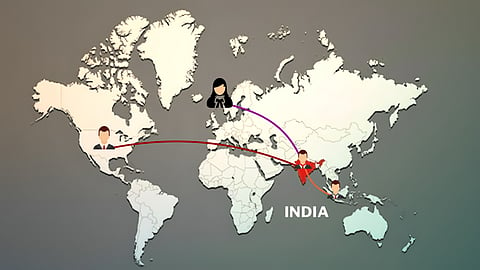Admin
Corporate & In-House News
Foreign Law Firms react to foreign law firm Rules by BCI
Bar & Bench reached out to India Practice Heads of foreign law firms to get their views and inputs.
The recently notified Bar Council of India (BCI) Rules allow foreign law firms and lawyers to practice in India, albeit only on foreign and international law in non-litigious matters, and on a reciprocal basis.

